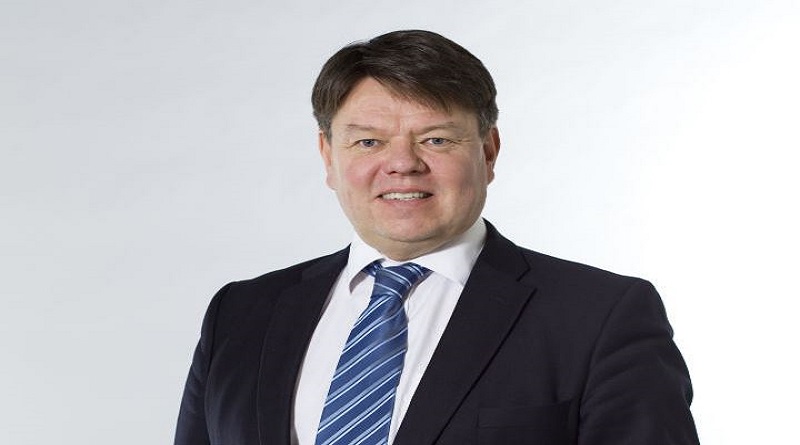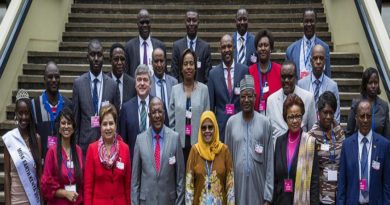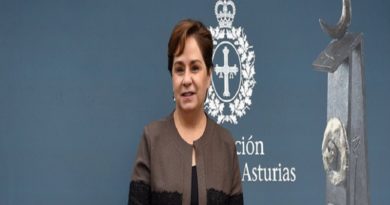World Meteorological Centres boost global cooperation, forecasting
The first World Meteorological Centres Workshop, hosted by the China Meteorological Administration in Beijing, has agreed to strengthen cooperation mechanisms to boost global forecasting capabilities and earth system prediction and research to serve society.
There are nine World Meteorological Centres, which lie at the heart of global operational meteorological forecasting and prediction capabilities. They provide high-quality data and products, which are shared down to regional and national level according to a “cascading” approach.
“Your services are very important for your own countries but they are especially important for our less developed Member countries which don’t have the capacity to run global models. It is important that all of our Members get access to your products and models and that they benefit from your output,” WMO Secretary-General Petteri Taalas said in a video message to the meeting.
He said the devastating Cyclone Idai, which has caused a humanitarian crisis in Mozambique, underlined the importance of accurate early warnings and forecasts to support both disaster preparedness and relief. “World Meteorological Centres will play a critical role in being able to predict such events much better in the future,” he said.
Mr Taalas said the current global observing system has big gaps, especially in Africa and some parts of Latin America. This has a negative impact on the quality of global forecast products. Closing these gaps would improve the accuracy of World Meteorological Centre models.
Thus, approval of a planned Global Basic Observing System to strengthen Earth system observation and prediction is one of the items on the agenda of the forthcoming World Meteorological Congress.
The meeting in Beijing, on 26-29 March 2019, brought together 60 delegates from the World Meteorological Centres, Regional Specialized Meteorological Centres and Regional Climate Centres, as well as the WMO Commission for Basic Systems,WMO Commission for Atmospheric Science and Commission for Hydrology.
The meeting agreed on the need for cooperative mechanisms to provide better services for WMO members and other users. The World Meteorological Centres will take action to boost implementation of the Seamless Global Data Processing and Forecasting System in many ways, including improving climate projections for community resilience, distilling the data along the different timescales, developing full value-chain products, enhancing impact-based forecasting, and strengthening data sharing and exchange.
World Meteorological Centres workshop in Beijing, March 2019
Delegates agreed that World Meteorological Centres will provide supports for capacity development for National Meteorological and Hydrological Services (NMHSs) in Least Developed Countries and Small Island Developing States via some high priority pilot projects, including on tropical cyclones, air quality forecast systems and prediction of hydrological extremes.
Mr. Yu Yong, Deputy Administrator of CMA, said that CMA had independently developed global and regional numerical weather prediction systems, and provided necessary assistance for meteorological departments in other developing countries. WMC-Beijing is committed to supporting WMO’s role in global sustainable development, humanitarian relief, capacity building and so on, said Yu Yong.
Since its official operation in 2018, World Meteorological Centre Beijing has established an external service website, actively conducted global monitoring, forecasting, and services, enriched FengYun satellites monitoring products, promoted professional meteorological services in terms of ocean and aviation, and provided guidance and technical training on high-impact weather for WMO members including countries along the “Belt and Road.”
Following the Cyclone Idai devastation in Mozambique, Zimbabwe and Mozambique, WMC Exeter (ECMWF) committed to providing “real time data, in exceptional circumstances and for limited periods at no cost” and on request of all NMHSs of the WMO Member states. This in addition to products which are already available to WMO Members at no cost at this website.
Delegates at the meeting expressed their support to the WMO Coordination Mechanism which supports UN humanitarian activities.
The nine World Meteorological Centres are based in Beijing, Exeter, Melbourne, Montreal, Moscow, Offenbach, Reading, Tokyo and Washington.




